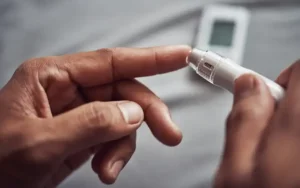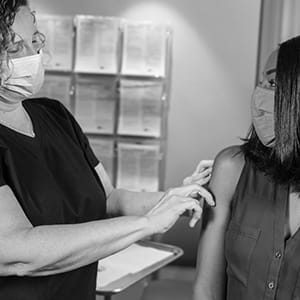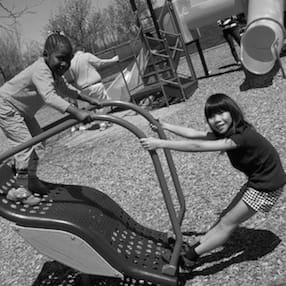Health Habits Outside the Doctor’s Office
Health and well-being are influenced by many factors in our everyday lives. Where we live, how and where we work, the safety of our surroundings, accessibility of affordable health services, the environmental quality, and the presence or absence of strong family and communities ties all play a role in our overall wellness. These lie both inside and outside what we think of as the traditional health care system. When one or more of these areas of life is out of alignment, well-being suffers.
In many parts of the country, it’s a struggle to take all of the many actions needed to address these diverse factors, even when there are existing community health initiatives in place and people are motivated to get healthier. However, applying insights from behavioral science can be very effective at helping people make better decisions and follow through on their good intentions to improve their health and well-being. By learning how to apply inexpensive behavioral insights, communities can improve the effectiveness of their efforts to encourage healthy behaviors, tackle social and economic challenges, and take steps to transform access to traditional care.
In order to introduce more community practitioners to the potential behavioral science has to strengthen their work, we are working with three organizations across the U.S. to design and test solutions to a health problem in their community.
In Ashland, KY, we are working with Our Lady of Bellefonte Hospital to improve healthy eating and nutrition.
In Dallas, TX, we are working with Catholic Charities of Fort Worth to increase medication adherence among people with chronic illness.
In Baltimore, MD, we are working with the B’more for Healthy Babies initiative, led by officials at the Baltimore City Health Department and the Johns Hopkins Center for Communication Programs, to help people access pre-natal care.
We selected the partner organizations after a “Request for Problems” application process in 2016. We are currently working with each organization to design and test a behavioral solution to the health problem they have identified. Check back for results later this year.
Support for this program is provided by the Robert Wood Johnson Foundation.
Interested in learning more about applying behavioral science to community health? Reach out to us at info@ideas42.org.









